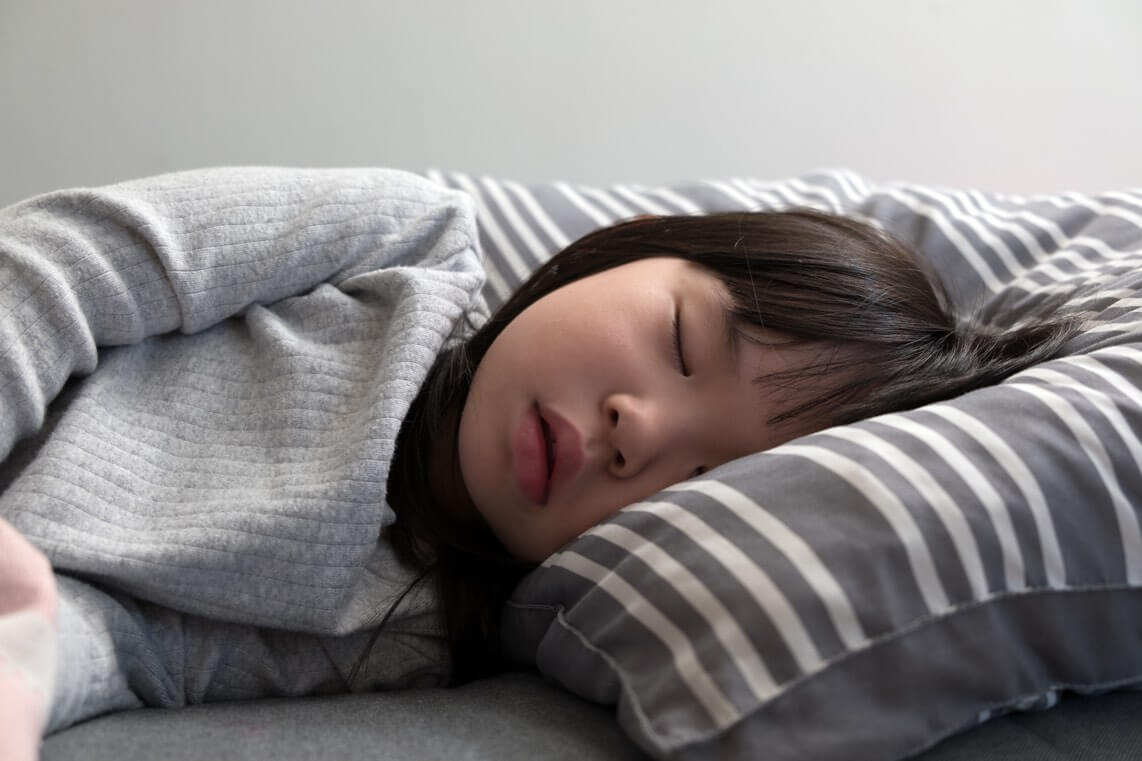Incontinence

What is urinary incontinence?
Urinary incontinence refers to difficulty controlling the bladder, leading to urine leakage. In children, urinary incontinence after toilet-training age is a common problem.
Urinary incontinence problems are often associated with stooling problems, such as constipation or soiling. The common medical term for urinary incontinence and bowel problems in children is ‘Bowel and Bladder Dysfunction’.
Incontinence symptoms and diagnosis in children
Generally, children achieve continence by around the age of 2.5 - 3.5 years. This means they are reasonably well toilet-trained for daytime urine and bowel function. However, if day-time bowel problems and urinary incontinence persist after age 4 or so, medical assessment and management are advised.
Nighttime urinary incontinence, or ‘enuresis’, may persist up to age 5.5 years. After this age, medical review and management are recommended.
Children may have just day-time bladder dysfunction, just nighttime enuresis, or a combination of both. The bladder dysfunction may be associated with repeated urine infections, as well as with bowel problems like constipation or soiling.
Incontinence includes both urine and bowel function
Nighttime incontinence may persist for longer than daytime incontinence
The condition becomes a problem if daytime incontinence persists after age 4 years, and nighttime incontinence persists after age 5.5 years
Incontinence causes in children
Symptoms in children can have an underlying structural cause or a medical cause. There could be:
- A urethral problem called a ‘valve’ in male children
- A urine tube or ‘ureter’ plumbed in the wrong location in a female child
- Urine infection
- Constipation
- Spinal or nerve problems
- Sugar diabetes
Bladder dysfunction and enuresis may also run in families.
It is important to carefully assess and manage any factors contributing to the child’s symptoms. However, most urinary incontinence in children is functional. This means that the associated causes above are not found to be present when the child is carefully assessed.
Bladder dysfunction in children can occur because of bladder irritability or overactivity. Bladder overactivity may be associated with an urgent need to rush to the toilet to pass urine. Also, children may need to go to the toilet to pass urine more frequently. They can have multiple urinary accidents during the day. This can be very disruptive to their school day and social development.
With bladder overactivity, some children leak urine when they laugh or jump, as these activities trigger a bladder spasm. It is often mistaken for stress incontinence. Stress incontinence, due to weakened pelvic floor muscles, is very uncommonly seen in children.
Bedwetting can be challenging for the child and for the household. Children with enuresis will often feel embarrassed and sometimes anxious about sleepovers and school outings.
Children may sometimes void abnormally without relaxing their pelvic floor muscles. This is called dysfunctional voiding.
Generally, bladder dysfunction, both day and night, improves as the child grows. However, a small percentage of children have ongoing symptoms, even in young adult life.
How to manage or treat incontinence in children
Our practice can assist children with bladder dysfunction and their families. The management of bowel and bladder dysfunction offered by our practice is in accordance with the International Children’s Continence Society data and recommendations.
A careful assessment to rule out any contributing medical problems is an important first step.
Some investigations may be needed, such as a urine check and urinary tract ultrasound. The family are usually requested to complete a bladder diary to assist with management decisions. You can download the diary template from our website.
After these careful assessments are made, the appropriate incontinence management plan for your child is then developed.
For functional daytime bladder dysfunction, we offer the best course of treatment based on the individual child’s symptoms and severity. We also consider any associated factors such as constipation.
Our recommended treatments may include:
- Medications to help calm down bladder overactivity or irritability
- Engagement with the continence physiotherapist
- Referral for the alarm programme for the treatment of nighttime enuresis
- Continence psychology to assist with toileting behaviours
Medications are prescribed to offer help to:
- Reduce bladder spasm
- Reduce the sudden urge to pee
- Reduce the frequency of urination so the child can hold on for longer without feeling distressed
- Reduce urinary accidents both day and night
Continence physiotherapy will help children to train in good toileting practices. These include:
- Correct voiding dynamics with relaxation of the pelvic floor during a pee
- Regular voiding
- Good bowel habits
- Ensuring good drinking habits and techniques to avoid urinary leakage when a sudden urge to pass urine occurs.
Continence psychology can greatly assist families and children where the child struggles with toileting behaviours, such as toilet refusal or fear of toileting.
We offer regular follow up to adjust the management plan for your child based on response.
Our difference
We strive to deliver the highest level of paediatric surgical service to families. All children, whether they are newborn, toddlers, young children or teenagers, deserve excellent support and care. As surgeons we believe that it is essential to address paediatric urology and surgical problems in accordance with world’s best practice.
If children require surgery, our role encompasses building a reassuring environment to prepare your family for the surgery, and of course to provide expert surgical care and follow-up. At WA Paediatric Surgery and Urology, both our surgeons and our team will be here to assist you with kindness and support.

Useful links
Circumcision
Tongue tie surgery
Lip tie surgery
Groin & scrotum conditions
Foreskin & penile conditions
Contact our paediatric surgeons and urologists
Practice details
Our practitioners
Dr Andrew Barker
Dr Naeem Samnakay
Office hours
Head office
85 Monash Avenue, Nedlands, WA 6009


